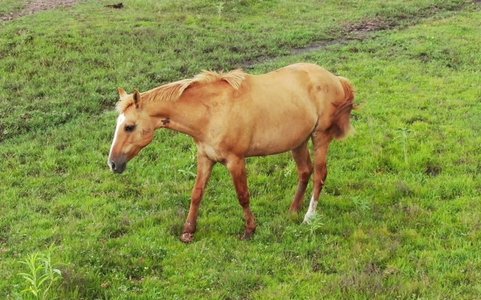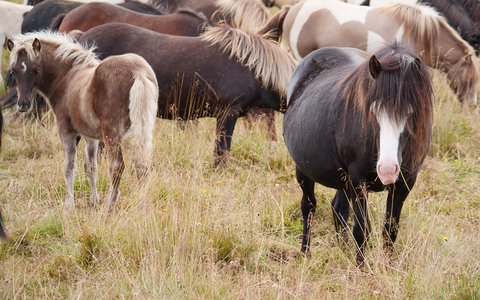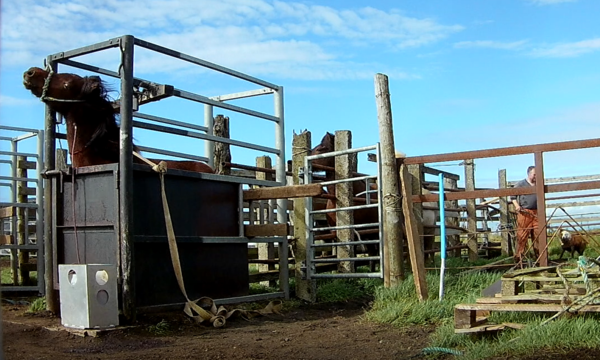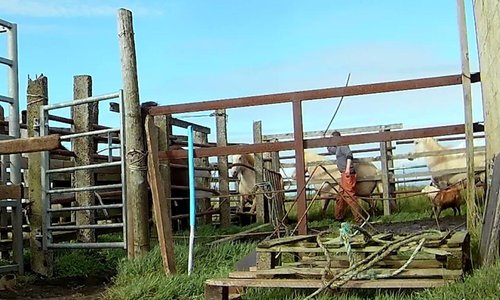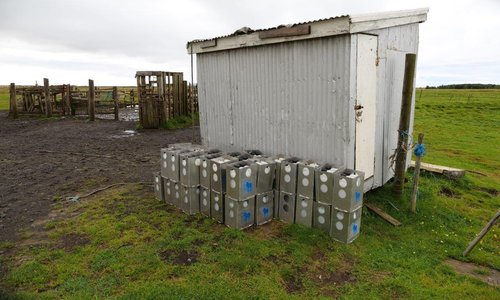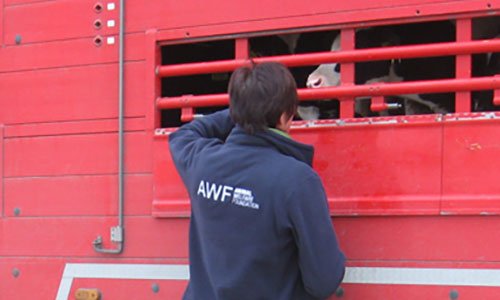We demand a ban for the production, import, and use of PMSG
Iceland
PMSG production in Iceland
In Iceland, blood has been drawn from pregnant mares for about 40 years, but the business has tripled over the past decade. Several pharmaceutical companies stopped importing PMSG from Uruguay and Argentina after the blood farm scandal that became public eight years ago and are now sourcing PMSG from Iceland. In 2021, blood was taken from 5,300 mares on 119 farms. The Icelandic pharma company Isteka buys blood from individual farmers but also runs their own blood farms, where they keep hundreds of mares. The turnover of Isteka was 11 million Euro in 2020. Five litres of blood are extracted from the pregnant mares every week, during two months. This is more than four times as much as international guidelines would recommend. Most of the mares used for PMSG production are semi-wild; they are used for meat and PMSG production only and are not used to human handling.
PMSG, also known as eCG, is a fertility hormone that is extracted from the blood of pregnant mares for use in factory farming, mainly in pig breeding. The hormone is used to enhance fertility of sows, synchronise births and increase efficiency.
These untamed horses are frightened or even panic when being moved into small restraint boxes. Force is used on those who resist; they are beaten with whips, plastic pipes, iron bars or wooden beams. Once inside the restraint box, their head is tied up by a rope and a strap is fixed over their back so they cannot rear up. This kind of treatment and restraint leads to repeated traumatisation, also known as “learned helplessness”. Furthermore, the methods of restraint pose numerous risks of injuries.
Iceland has a long tradition of breeding horses for slaughter. However, in the same period that the PMSG production has tripled, the slaughter prices for foals have decreased drastically. Nowadays, the foals are just a cheap by-product of the blood business. The farmers earn about four times as much for a mare’s blood than they earn for her foal.
The documentary film “Iceland - Land of the 5,000 blood mares” that we published in November 2021 initiated an on-going public and political debate, not only in Iceland but also in the EU and particularly in Germany, where most of the Icelandic PMSG is exported to. A few weeks after its publication, a bill was submitted to the Icelandic parliament, asking for a ban on blood collection from pregnant mares. The bill was not put to a vote. It was again submitted in November 2023 and is currently under assessment.
In March 2022, we filed a complaint with the EFTA Surveillance Authority against Iceland for being in breach of rules applying in the European Economic Area (EEA). The complaint was supported by Eurogroup for Animals and 14 other animal protection organisations. We argued that Iceland did not properly apply the EU legislation on the protection of animals used for scientific purposes. The blood collections must be classified as an animal experiment and therefore must be replaced by alternative methods, if possible. In the case of PMSG, such alternatives exist.
Update November 2023:
As a result of an EFTA infringement procedure, taking blood to obtain the fertility hormone PMSG has been considered an animal experiment in Iceland since November 2023. An animal experiment, however, can only be authorised if it is essential and if there are no alternatives available. Since there are equivalent alternatives to PMSG that can be used to synchronise the sows’ heat and births, the production of PMSG must not be authorised as an animal experiment.
We urge the Icelandic authorities to not authorise blood collection from pregnant mares under the animal experiment legislation. This is Iceland's chance to put an end to the blood business.
Film 2023: Iceland - the hidden blood business
